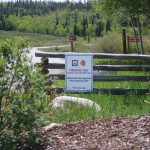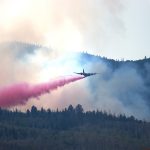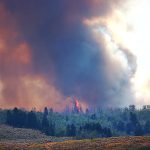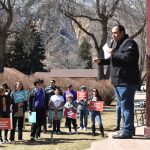Colorado congressional delegation urges US Forest Service chief to release funds for state forestry and wildfire preparedness
The annual grants support about one-third of the Colorado State Forest Service budget each year, according to the state agency
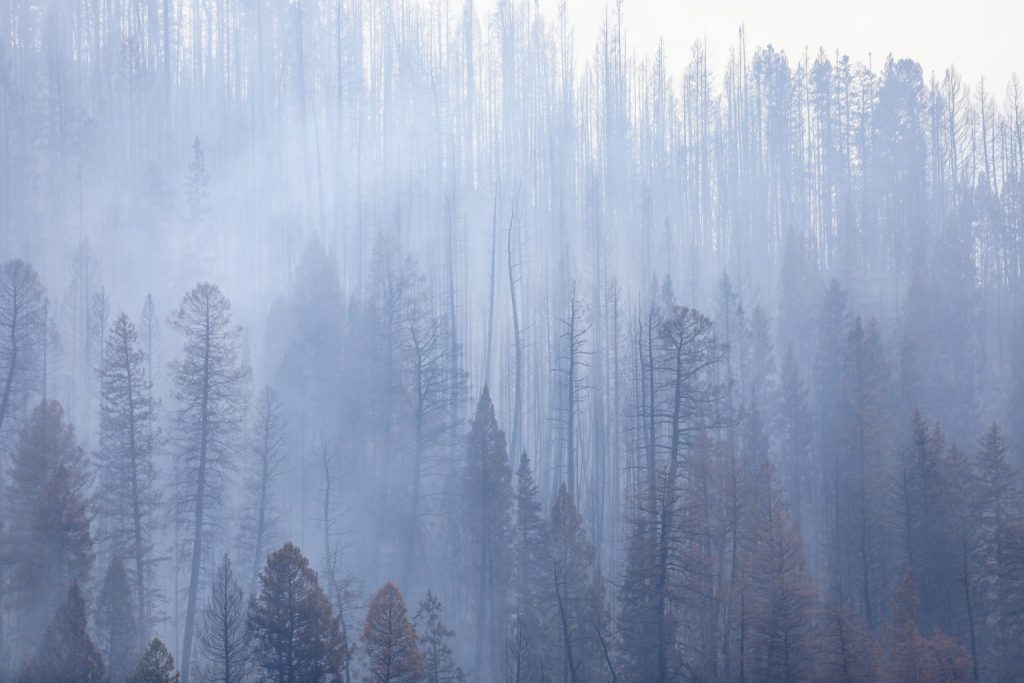
Chris Dillmann/Vail Daily archive
Colorado State Forester Matt McCombs says he breathed a sigh of relief this week as the U.S. Forest Service signaled it would release millions of dollars of federal funds that support state forestry, including wildfire preparedness programs.
The federal funds — known as a consolidated payment grant — support close to one-third of the Colorado State Forest Service’s budget most years, McCombs said. But this year, the federal payment has yet to come through, creating “uncertainty” that left McCombs contemplating “worst case scenarios” where state forestry staff would have to be laid off and wildfire preparedness programs scaled down.
“Typically, those resources come in in the spring at the latest,” McCombs said. “Certainly never this late.”
On Thursday, U.S. Sens. Michael Bennet and John Hickenlooper, as well as U.S. Reps. Joe Neguse and Brittany Pettersen sent a letter to U.S. Forest Service Chief Tom Shultz, urging him to “immediately” release the funds for the Colorado State Forest Service.
The letter notes that the federal funds, which are doled out to states under the Cooperative Forest Assistance Act of 1978, have been “distributed to the states in a reliable and timely manner” for decades.
“The Colorado State Forest Service, as well as state departments of forestry across the country, rely on this annual funding to establish community wildfire protection programs, complete forest management projects to reduce the risk of wildfires and protect drinking water, and improve collaboration across all layers of forestland ownership,” the letter states.
The consolidated payment grant has provided $17 million to the Colorado State Forest Service over the past five years to reduce wildfire risk on thousands of acres in the wildland-urban interface, assist rural communities in mapping wildfire risks and establish community preparedness plans, according to the letter.
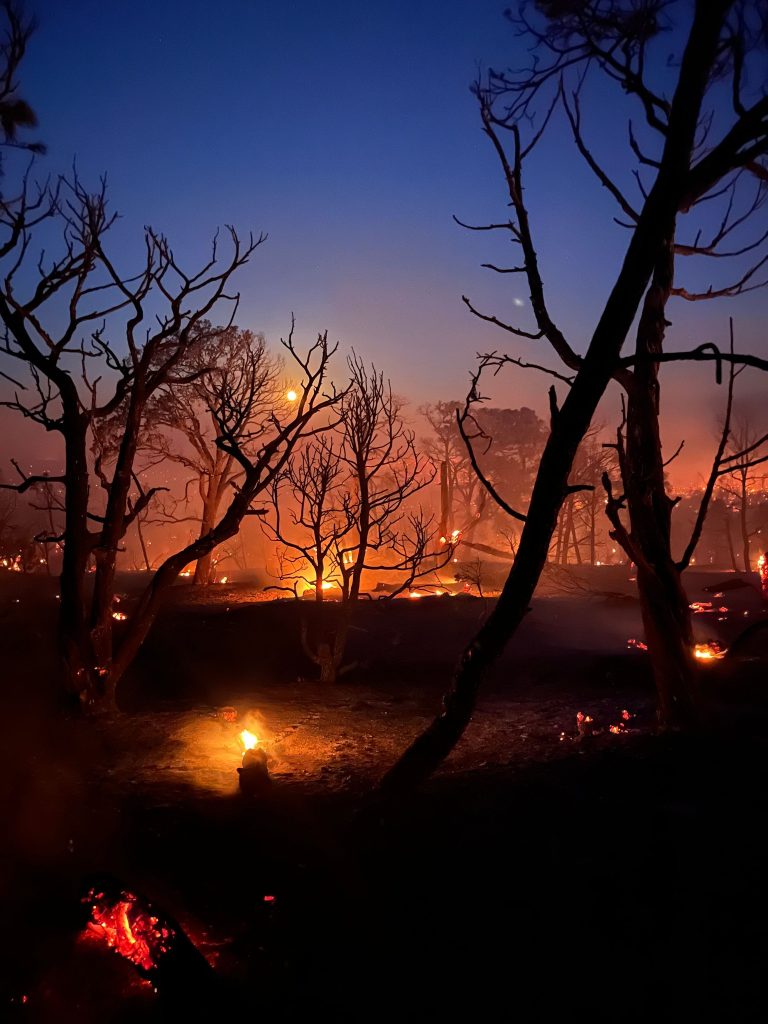
Congress approved the consolidated payment grant as part of a continuing resolution it passed on March 14 to fund the government through Fiscal Year 2025.
“Withholding this money without justification puts communities in Colorado and across the West at severe risk of wildfire, flooding, landslides, and other natural and geologic disasters,” the congressional delegation wrote.
U.S. Forest Service spokesperson Cat McRae said in an email that the agency has worked with the federal Office of Management and Budget since March to be able to release the funds. The Office of Management and Budget gave the U.S. Forest Service approval to proceed with distributing the funding on Wednesday, McRae said. She said the U.S. Forest Service is “placing a very high priority” on distributing the grants.
The federal funding “is provided to state forestry agencies to supplement state and local funding that is used to prevent, mitigate and suppress wildfires that affect rural lands and communities,” McCrae said.
“The primary responsibility for reducing wildfire risk for communities resides at the local level, but as such, any funding that can be provided through federal grants is significant, in that it allows these local and state governments to achieve more wildfire risk reduction on a much larger scale,” she added.
McCombs noted that the delays in the Colorado State Forest Service receiving federal funds come as the Trump administration has proposed to cut all state, private and tribal forestry grant funding in its Fiscal Year 2026 budget.
State, private and tribal forestry funding includes the consolidated payment grant that the Colorado State Forest Service receives, as well as millions in funding that supports nonprofit groups, including the popular FireWise USA program that works with communities to increase wildfire resilience.
“These investments have become a cornerstone of how Colorado moves forward to make us more resilient as it relates to wildfire, water health and forest health,” McCombs said. “It’s been an interesting year and yet we’re very hopeful that we’ll see this logjam break and those resources coming through.”

Support Local Journalism

Support Local Journalism
Readers around Steamboat and Routt County make the Steamboat Pilot & Today’s work possible. Your financial contribution supports our efforts to deliver quality, locally relevant journalism.
Now more than ever, your support is critical to help us keep our community informed about the evolving coronavirus pandemic and the impact it is having locally. Every contribution, however large or small, will make a difference.
Each donation will be used exclusively for the development and creation of increased news coverage.





